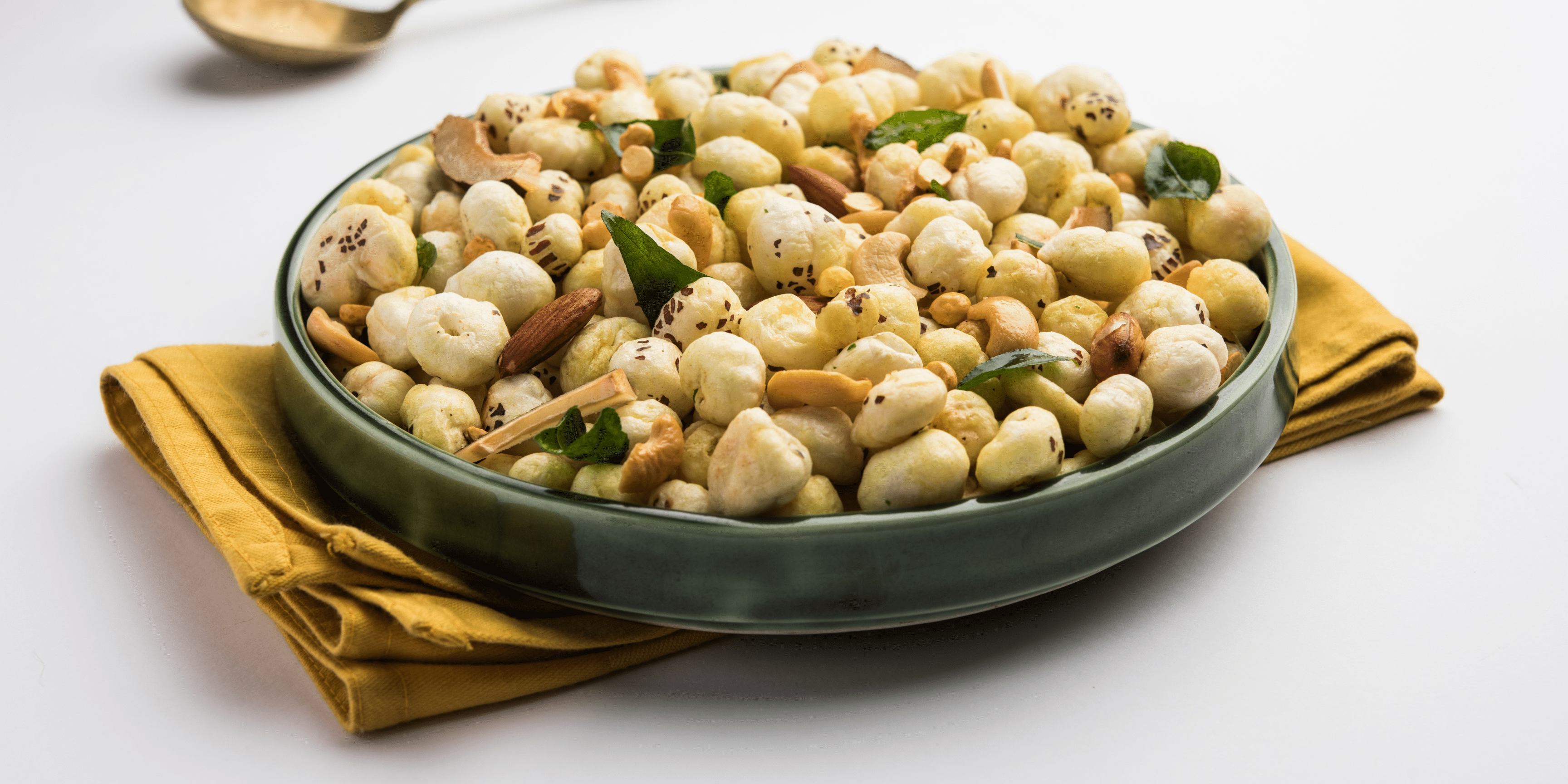International Tea Day, celebrated annually on May 21st, honors the significant role tea plays in cultures worldwide and its rich history. This day highlights not only the economic and social importance of tea but also its health benefits and the importance of sustainable tea production.
Tea is one of the most popular beverages globally, enjoyed by millions for its rich flavors, health benefits, and soothing qualities. However, not every food pairs well with tea. Some combinations can negatively affect the taste or even cause digestive issues. To celebrate International Tea Day 2024, let's explore five food items you should enjoy with tea and five you should avoid.
5 Food Items to Combine with Tea as a Healthy Snack
✓ Almonds
Almonds are packed with healthy fats, protein, and fiber, making them an excellent snack to pair with tea. Studies have shown that almonds can help maintain energy levels and promote heart health, making them a perfect tea-time companion.
✓ Fresh Fruit
Fruits like berries, apples, and citrus fruits are rich in vitamins, antioxidants, and fiber. Research indicates that these fruits can enhance immune function and support overall health. They also pair well with cold teas or iced teas, providing a refreshing and nutritious snack.
✓ Whole Grain Crackers with Hummus
Whole grain crackers are a great source of dietary fiber, and hummus provides protein and healthy fats. This combination is particularly good with savory teas like green tea and has been shown to support digestive health and satiety.
✓ Greek Yogurt with Honey
Greek yogurt is high in protein and probiotics, which are beneficial for gut health. Adding honey offers natural sweetness and additional antioxidants. This snack pairs well with both herbal and black teas, providing a nutritious and satisfying option.
Blue tea is good for your heart and soul! It promotes heart health by improving cholesterol levels and regulating blood pressure. Discover the incredible benefits of blue tea in our article, "10 Extraordinary Health Benefits of Blue Tea.”
✓ Dark Chocolate
Dark chocolate, when consumed in moderation, offers antioxidants and can improve heart health. Its rich flavors complement many types of tea, especially black and oolong teas, providing a delightful treat without overwhelming the tea’s taste.
Related Read: 5 TYPES OF TEA: Ginseng Tea, Spearmint Tea, Peach Tea, Citrus Mint Tea, and Masala Chai! Which Is Best For You?
CAUTIONS⚠️
Food Items to Avoid Combining with Tea
✘ Iron-Rich Foods
Tea contains tannins that can inhibit iron absorption. Consuming iron-rich foods with tea can reduce the amount of iron your body absorbs, which can be problematic over time.
✘ Milk and Cream
Adding milk or cream to tea can reduce the antioxidant benefits of the tea. The proteins in dairy bind with antioxidants, making them less available for your body to use.
✘ Spicy Snacks
Spicy foods can clash with the delicate flavors of tea and may also cause digestive discomfort when combined. It's best to avoid spicy snacks during tea time.
✘ Sugary Pastries
While a classic pairing, sugary pastries can lead to blood sugar spikes and crashes. The high sugar content can also overshadow the subtle flavors of tea.
✘ Citrus Juices
Combining citrus juices with tea can increase the acidity in your stomach, potentially leading to digestive discomfort. The strong flavors of citrus juices can also overwhelm the taste of tea.
Read This: Is milk Tea Really Healthy? Side Effects Of Milk Tea On Your Health You Must Know
References:
https://www.ncbi.nlm.nih.gov/pmc/articles/PMC3278960/
https://www.ncbi.nlm.nih.gov/pmc/articles/PMC6017251/
https://www.ncbi.nlm.nih.gov/pmc/articles/PMC6603891/
https://www.ncbi.nlm.nih.gov/pmc/articles/PMC6124841/
https://www.ncbi.nlm.nih.gov/pmc/articles/PMC5793306/












